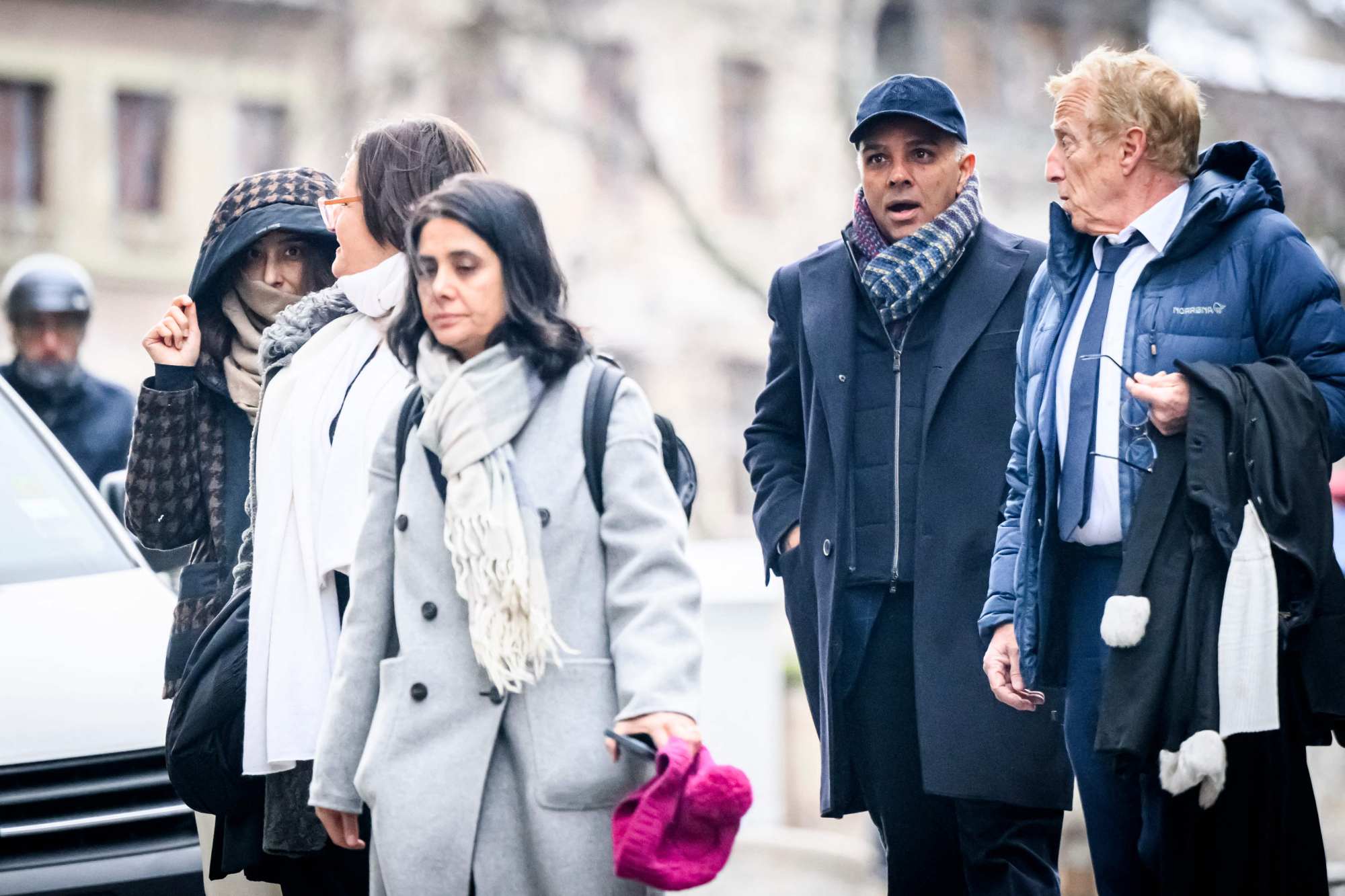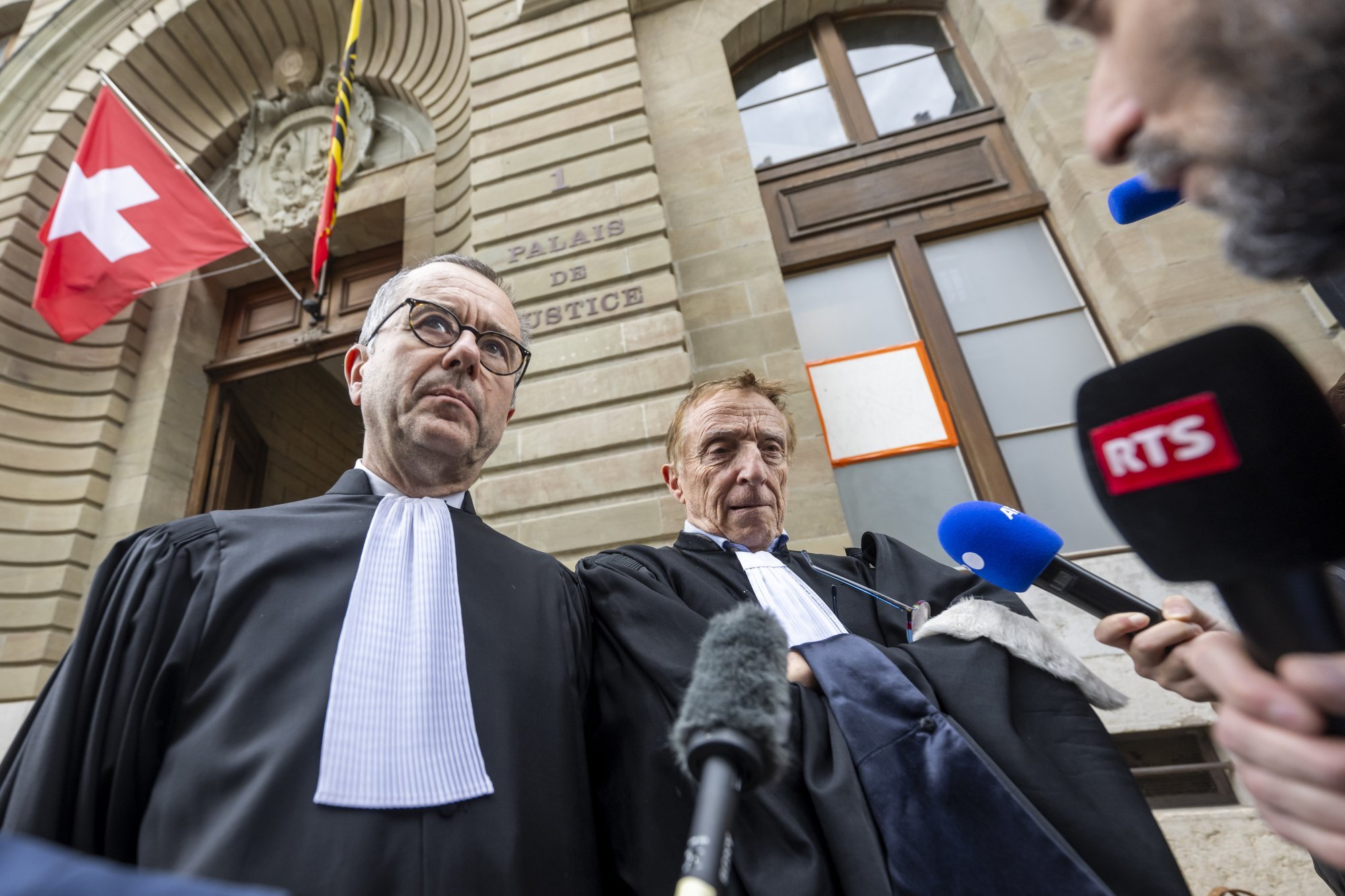They were found guilty of a charge of “usury” for taking advantage of their vulnerable immigrant staff to pay them a pittance.
“The employees’ inexperience was exploited. They had little education or none at all and had no knowledge of their rights,” presiding Sabina Mascotto said in her judgment.

“The defendants’ motives were selfish,” she said, adding that the Hindujas were motivated “by the desire for gain”.
Lawyers for the members of the Swiss-Indian family – who were not present in court – said they would appeal the verdict.
The court acquitted them of the more serious charge of human trafficking, on the grounds that the workers had travelled to Switzerland willingly.
During the trial the family were accused of bringing servants from their native India and confiscating their passports once they got to Switzerland.
Prosecutor Yves Bertossa accused the Hindujas of spending “more on their dog than on their domestic employees”.
The Hindujas paid the household staff a salary between 220 and 400 francs (US$250-450) a month, up to 90 per cent less than the going rate, the court heard.
“The four Hinduja defendants knew the weak position their employees were in and knew the law in Switzerland,” Mascotto said.
The family denied the allegations, claiming the prosecutors wanted to “do in the Hindujas”.

The family had reached a confidential out-of-court settlement with the three employees who made the accusations against them. Despite this, the prosecution decided to pursue the case due to the seriousness of the charges.
Following the verdict, Bertossa requested an immediate detention order for Ajay and Namrata Hinduja, claiming a flight risk.
The defence denied the risk on the grounds that Kamal Hinduja is hospitalised in Monaco and the three other family members were at her bedside. Aged 78 and 75 respectively, both parents had been absent since the start of the trial for health reasons.
It was not immediately clear whether the four would be extradited from the principality to serve their sentences.
The defence argued that the three employees received ample benefits, were not kept in isolation and were free to leave the villa.
“We are not dealing with mistreated slaves,” Nicolas Jeandin told the court. Indeed, the employees “were grateful to the Hindujas for offering them a better life”, his fellow lawyer Robert Assael argued.
Representing Ajay Hinduja, lawyer Yael Hayat had slammed the “excessive” indictment, arguing the trial should be a question of “justice, not social justice”.
Namrata Hinduja’s lawyer Romain Jordan had also pleaded for acquittal, claiming the prosecutors were aiming to make an example of the family. He argued the prosecution had failed to mention extra payments made to staff on top of their cash salaries.
“No employee was cheated out of his or her salary,” Assael added. Some staff even asked for raises, which they received.
With interests in oil and gas, banking and healthcare, the Hinduja Group is present in 38 countries and employs around 200,000 people.

